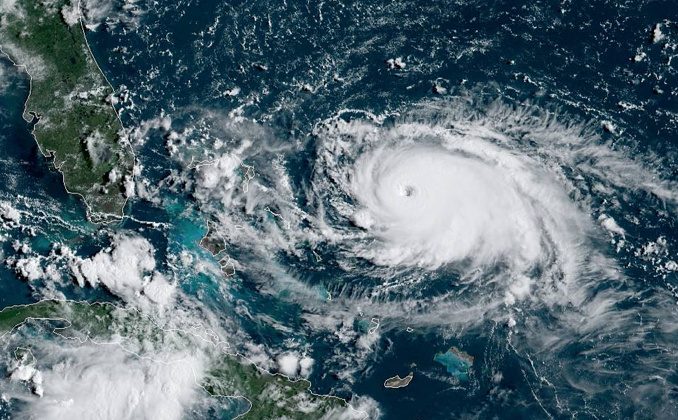You might not be interested in posts about the Atlantic hurricane season, but you should. It is a pillar of the climate cult mythology to justify political tyranny. The whole project is economic, disguised behind scientism, and operates like a religion. And their prophets are lousy prognosticators. They get nothing right, but this year’s Atlantic Hurricane season provides strong evidence that they have no damn clue about the next six months and, therefore, less of one about any future.
There is still time for more bad weather, but the models were not just wrong—they were not even close, and the higher-than-usual hysteria was unwarranted. Future storms—we have until the end of November—can not save the narrative. The climate change experts have no clue what to expect or why it does or does not happen. Their motivations can only be political or economic. Appease the grant writers, and you will get paid. But the 2024 hurricane season has put a kink in this relationship, or it should.
The Sept 10th peak came and went, and despite pre-peak potential, little came of it. Francine made was at cat 2 for roughly two hours. It hit Louisiana, so there was a lot of “flooding,” but the potential for significant climate chaos slipped away. This week, NOAA pushed for a possible cyclone off the Carolina coast that has since been downgraded to ‘weather.’ Even Tropical depression Gordon—named a bit early as it puttered west away from Cape Verde—had dissipated off the “cyclone” radar. Its leftovers are trundling about in the central Atlantic and could get their act together, but the trajectory suggests no likely US landfall.
Put simply, the crazy pre-season forecast is a bust, and as we noted previously, the fallback explanation is that this is your fault. You have so bolloxed up the climate that you broke the Atlantic. We, not a climate scientist among us, discovered a more plausible explanation back in June (something I joked about as far back as 2013). Global warming results in fewer hurricanes or at least landfills) and 2024 seems to confirm this.
All that shouting about the hot weather, even though the summer of 2024 still wasn’t the hottest on record, was for naught. It was hotter primarily because of the Hunga Tonga underwater eruption, which climate experts (including NASA) agree put enough water vapor in the atmosphere to warm the earth for a while.
It could also influence surface temperatures. Massive volcanic eruptions like Krakatoa and Mount Pinatubo typically cool Earth’s surface by ejecting gases, dust, and ash that reflect sunlight back into space. In contrast, the Tonga volcano didn’t inject large amounts of aerosols into the stratosphere, and the huge amounts of water vapor from the eruption may have a small, temporary warming effect, since water vapor traps heat. The effect would dissipate when the extra water vapor cycles out of the stratosphere and would not be enough to noticeably exacerbate climate change effects.
No offense, NASA, but I think it was enough water vapor to noticeably exacerbate climate change effects. If the difference in temperature between the equator and north pole is lower, the planet has less incentive to move energy northward, thus, fewer hurricanes.
What I do know is that climate change science is a lot like public education. The worse the product, the more money politicians throw at it.
